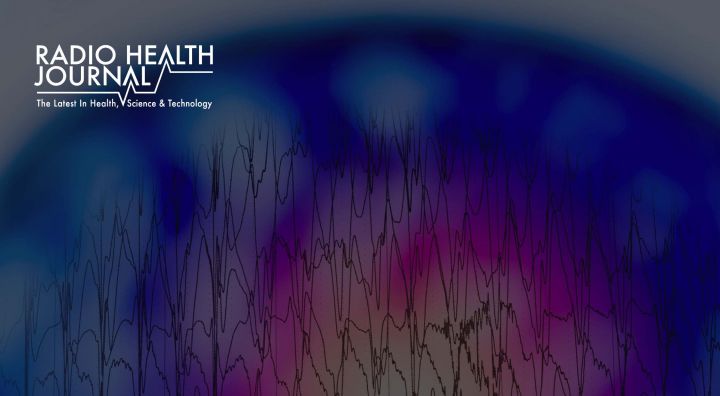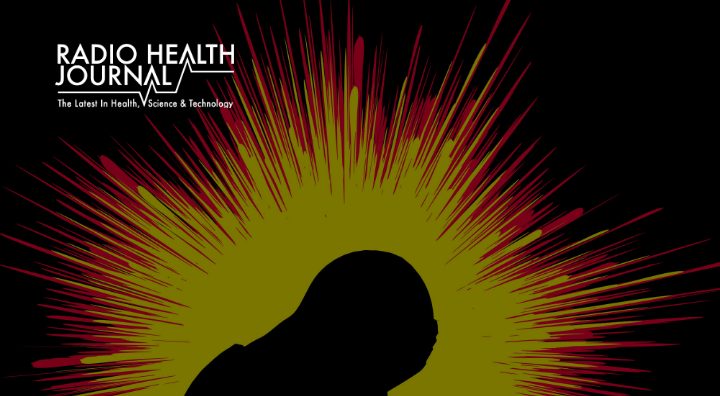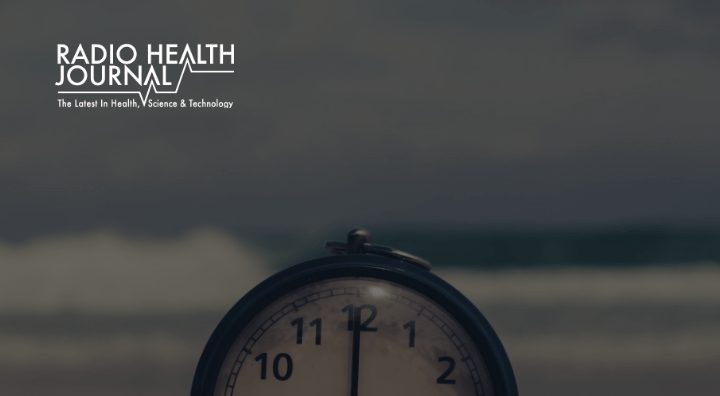The Damage of Too Little Sleep
Getting less than six hours of sleep per night has long been known to be hazardous to health, but the discovery of the mechanisms behind those hazards is leading scientists to strengthen their warnings.


Getting less than six hours of sleep per night has long been known to be hazardous to health, but the discovery of the mechanisms behind those hazards is leading scientists to strengthen their warnings.

A new study shows that naps don't make up for lost sleep. Then, research finds that people who have someone they can count on to listen to them have brains that age much slower than others. Next, a study suggests that for teens, a close, supportive bonds with their fathers is even more important than previously thought. And finally... a study says social …

A study confirms that just one night sleeping impacts your mental and physical well being. Then, some researchers are concerned that in-vitro fertilization may disturb the genetics of embryos. Then, if you’ve got allergies and suspect they’re worse than they used to be… you’re right. And finally, experts have been concerned that Americans have a poor …

Everybody loves a home-cooked meal, but what if your stove was slowly poisoning you? Then, if you were born 200 years ago, you’d be lucky to celebrate your 40th birthday. Plus, researchers have cured diabetes in mice by putting insulin-producing cells into a tiny device. Then, older people who have trouble falling asleep are more likely to have cognitive …

A new study finds that organic meats are much less likely to be contaminated with foodborne pathogens. Then, fracking has been linked to higher heart attack rates in nearby communities. Then, more people are working the graveyard shift… and that means more people suffering from what’s called “shift work sleep disorder.” Then, here’s another way to cut your …

An award-winning writer who has epilepsy describes the discrimination faced by people with seizure disorders and dispels the many myths many people hold about them.

The annual switch to daylight saving time brings more accidents, heart attacks, and other health effects. Surprisingly, they don’t completely go away until we go back to standard time in the fall. Experts discuss health and mental effects of body clocks not being in synch with the actual time, and how year-around consistency would help. But should it be …

A new survey shows that most of us will continue with health precautions even when Covid is behind us. Then, a study showing that Pregnant women who’ve had the coronavirus pass antibodies to their babies. Then, a study shows that bleeding of the gums as well as bleeding in the eye are associated with low levels of vitamin c. And finally… people blame short …

Over the last 8,000 years, the human jaw has been getting smaller due to an increasingly soft diet and a lack of jaw exercise. The result is an epidemic of crooked teeth and serious health consequences, as two experts explain.

People with heart attacks and other health emergencies are avoiding the emergency room for fear of contracting Covid-19. Then, a study showing that artificial intelligence can predict with about 80 percent accuracy which moderately-infected Covid-19 patients will get worse and which ones won’t. Next, a study saying that having your first child by C-section …

A number of new treatments for Covid-19 are showing promise and could be fast-tracked if clinical trials continue to show good results. Then, another trial of 53 severely ill patients reported in the New England Journal of Medicine found that 68 percent showed clinical improvement with Remdesivir. Then, viruses like Covid-19 that jump from animals to people …

Studies showing physical activity helps prevent obesity virtually from birth. Then, low doses of lithium may show promise in treating dementia. Then, about half of people who are recovering from a concussion have sleep problems. And finally, a study showing that maybe the two genders are becoming more equal.
Subscribe to get the latest from Radio Health Journal directly in your inbox.

